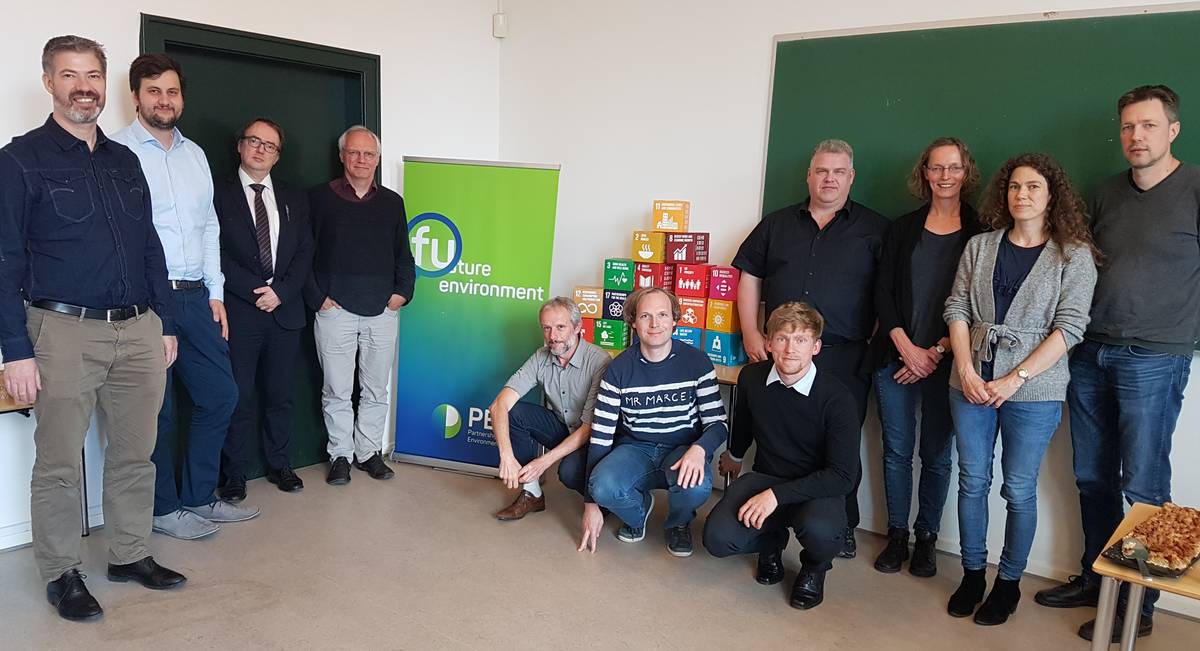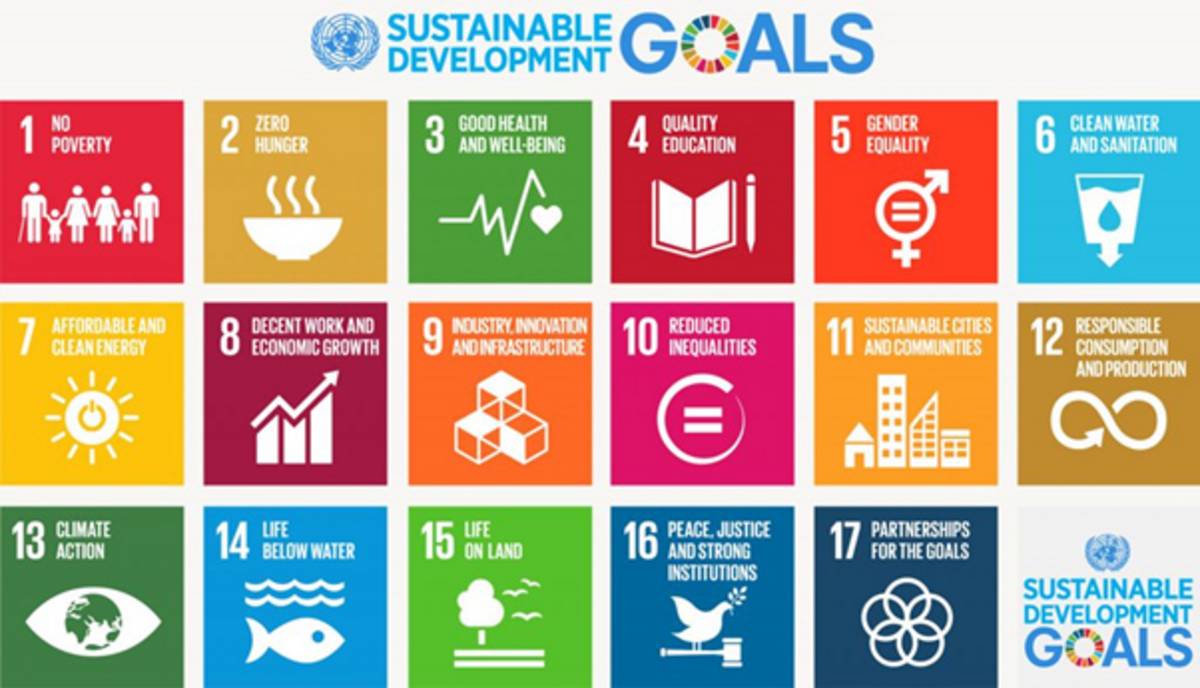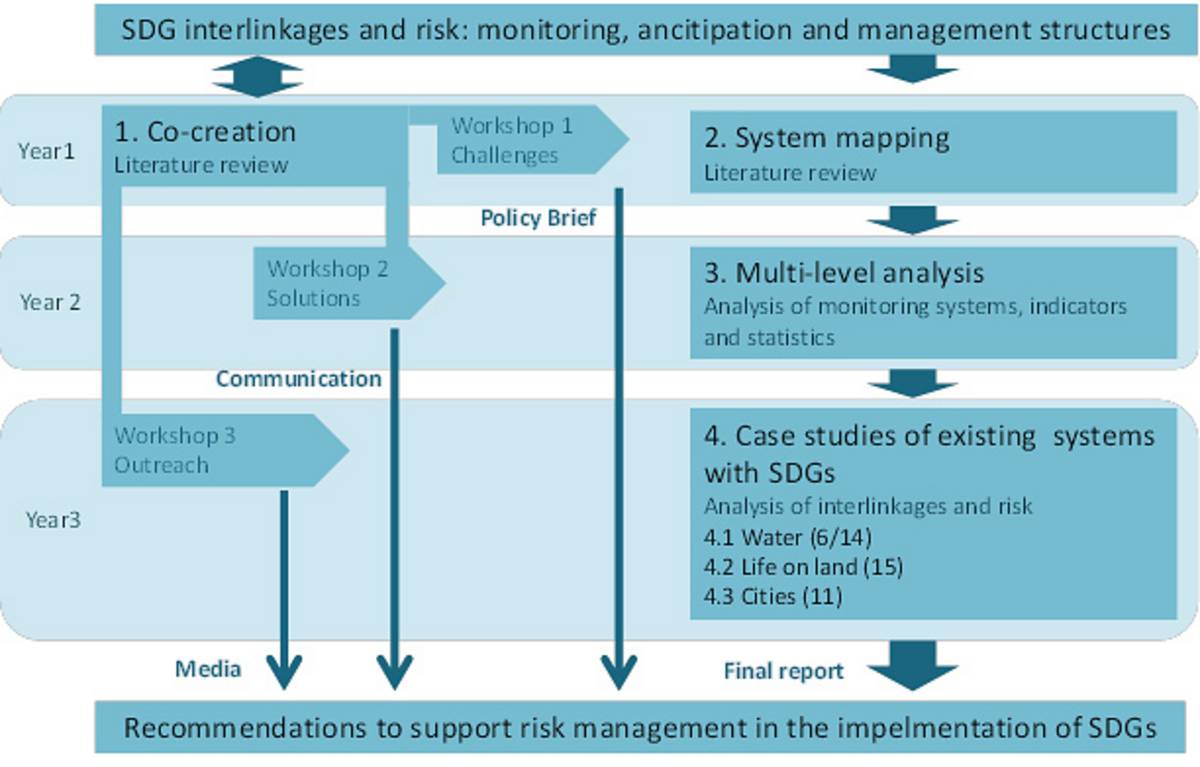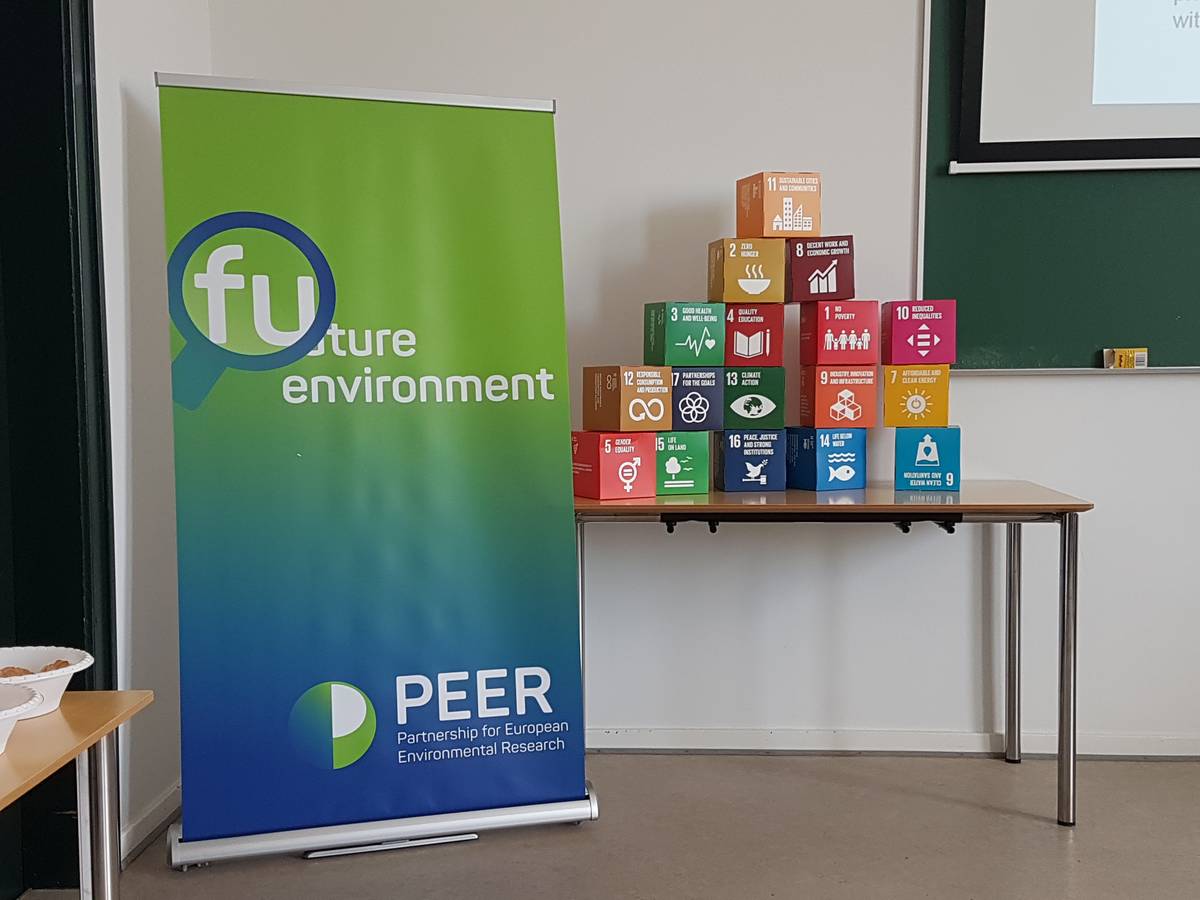PEER Research on Sustainable Development Goals: Tackling and managing risks with SDGs (PEER-TRISD)
The Partnership for European Environmental Research (PEER) has decided to mobilise its expertise to promote and support the implementation of the Agenda 2030. PEER as a network excels in the research on the biophysical and socio-ecological impacts linked to the implementation of the SDGs and the associated risks, and is therefore well-positioned to consolidate and advance this area.

PEER has launched a common research theme for 2018-2020: PEER Research on Sustainable Development Goals: Tackling and managing risks with SDGs (PEER-TRISD)
PEER-TRISD aims to:
- Create a common understanding on what SDG-related risks exist, should be monitored, anticipated, and governed in the public and private sectors,
- Analyse the monitoring, anticipation and governance needs, the existing UN, EU and national level systems and specific SDG systems,
- Co-create recommendations that can support risk management in the implementation of SDGs in the policy field but also among the practitioners,
- Identify needs for future research efforts and policy measures.
The pathways toward SDGs may lead to negative, unintended side-effects such as environmental impacts of green consumption patterns (rebound effects) or over-use of water or chemicals for the intensified food-production. There is no specific SDG for risks, and both the SDGs and the associated 169 targets address risks in an incoherent fashion. However, SDGs are implicitly about reducing or controlling risks. For example, they deal with acting on climate change, tackling sustainability questions in cities and communities as well as responsible consumption and production patterns. SDGs also involve other key areas of risk governance such as risk prevention; risk-benefit balancing; risk communication; uncertainty management; and compensation for risks
- The fulfilment of SDGs requires more multi-faceted and rigorous analyses of risk governance.
The UN Agenda 2030 and Sustainable Development Goals (SDGs) currently shape global and European Union policy. The implementation of the SDGs requires scientific methods and tools as well as knowledge-based support for reaching the 17 SDGs, which cover a whole range of areas, from poverty eradication to health and peace.
- The agenda recognizes the fundamental role of ecosystems.
How are SDG-related risks monitored, anticipated, and governed and what is the potential for improving these systems?
Specifically, PEER-TRISD seeks to answer the following five questions:
- What are the intended and unintended impacts linked with the implementation of the SDGs, what are their risk implications?
- Who experiences risks and who carries the responsibility of managing and governing SDG-related risks?
- What methods exist for identifying, recognising, anticipating, quantifying, characterizing and evaluating risks and associated uncertainties and ambiguities in SD-risk context, how are these methods used and how do they relate to SDGs?
- How to manage SDG-related risks: negative unintended impacts to be avoided or at least minimised, or compensated for? What kinds of transitions / transformations are needed to manage SDG-related risks at the system level?
- How can the SDGs contribute to the enforcing of systemic risk management and how can risk management contribute to enforcing a systemic approach to the implementation of the SDGs?
PEER-TRISD is led by Kurt Jax (UFZ) and Eeva Primmer (SYKE). The collaborative analysis will be conducted in an interactive and iterative fashion, making use of a co-creation process (WP1, led by SYKE, Eeva Primmer), system mapping (WP2, led by IRSTEA, Didier Richard), multi-level analysis (WP3, led by UFZ, Ilona Bärlund and Silke Beck), and PEER relevant case studies (WP4 Led by Aarhus University, Anders Branth Pedersen). Also JRC, CNRS and CEH will contribute to the project.


